Every year, millions of people from around the world flock to Munich, Germany, to experience the world’s largest and most famous beer festival: Oktoberfest. This 16-18 day extravaganza of beer, bratwurst, and Bavarian culture is a bucket-list event for many travelers. If you’re planning a visit to Oktoberfest in Munich, you’re in for a treat! In this comprehensive guide, you’ll find everything you need to know to make the most of your Oktoberfest adventure.
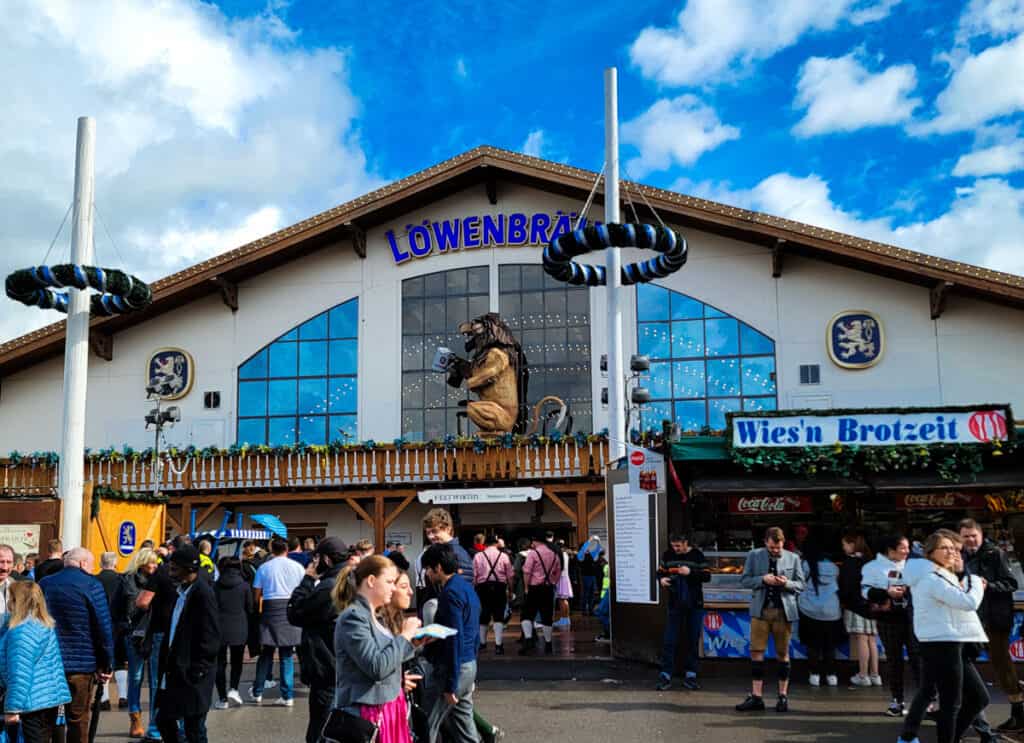
The Casual Travelist contains affiliate links, when you make a purchase or book a hotel through these links the Casual Travelist receives a small commission that helps support this site at no additional cost to you.
The History of Oktoberfest
Before we dive into the practicalities, let’s start with a little history. Oktoberfest has a fascinating origin story. It all began on October 12, 1810, when Bavaria’s Crown Prince Ludwig (later King Ludwig I) married Princess Therese von Sachsen-Hildburghausen. To celebrate the royal nuptials, a horse race was held on the fields in front of the city gates, which would later become Theresienwiese, the grounds where Oktoberfest takes place. The festival was such a hit that it was repeated the following year, and the tradition of Oktoberfest was born.
Oktoberfest starts in September
Oktoberfest typically begins in mid September and runs through German Unity Day (October 3). The festival begins with the traditional tapping of the first beer keg at noon by the Mayor of Munich who then proclaims “O’Zapft is!” (It’s tapped).
However, be aware that the festival’s opening weekend (and weekends in general) can be extremely crowded so if possible consider going during the weekdays. Weekdays are generally less crowded, and you’ll have an easier time finding seats in the beer tents.
You don’t need reservations
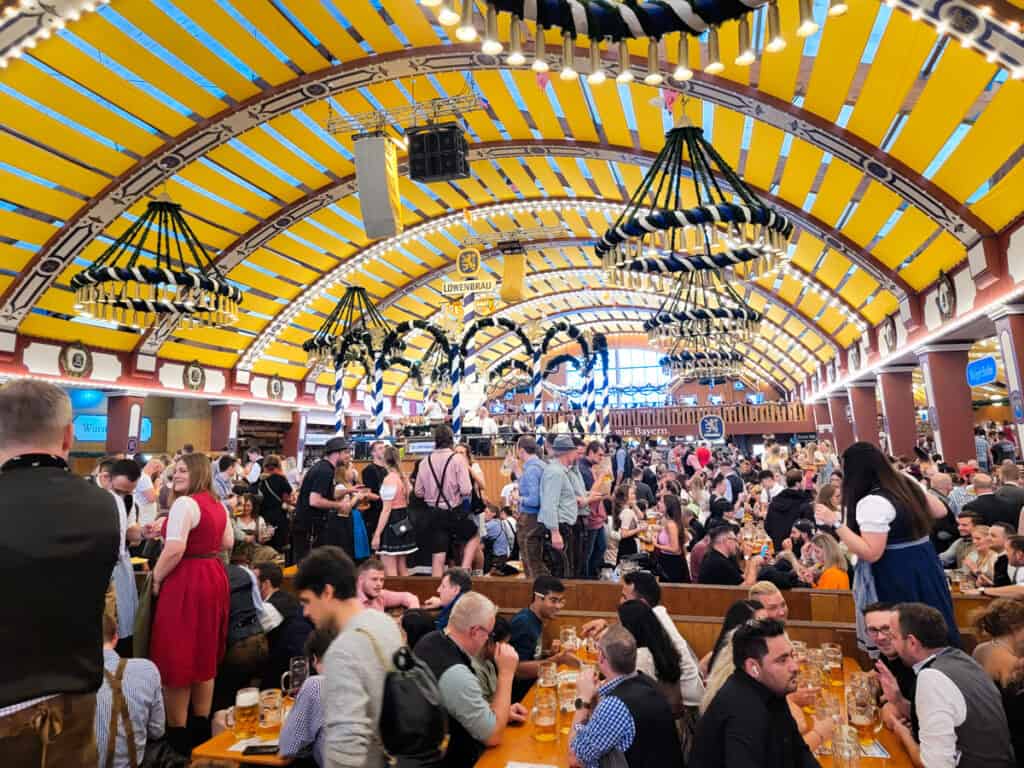
Each of the Oktoberfest tents has sections for reserved tables but the vast majority of the seating is open! If you have a group of 8-10 you can reserve a table for about 350-400 euro but includes beer and meal tokens. Reservations open in April or May and should be made directly with the respective tent (you can find a list of large and small tents here). Otherwise you should plan to arrive early in the day or go on a weekday, tents will close to visitors once at capacity. If you see an open spot you can sit there, or have a waitress help find you a seat.
The Tents and Grounds
There are 17 large tents and 21 small tents at Oktoberfest in Munich and each tent has it’s own personality. The large tents can fit up to 10,000 people and every tent has their own decors and vibe The official Oktoberfest website has the most up to date information on each tent. Standing on the benches in the tents is normal however standing on the tables is frowned upon. The Weisn, or fairgrounds, are approximately 1000 acres with thrilling rides, food and Bavarian crafts.
The Beer
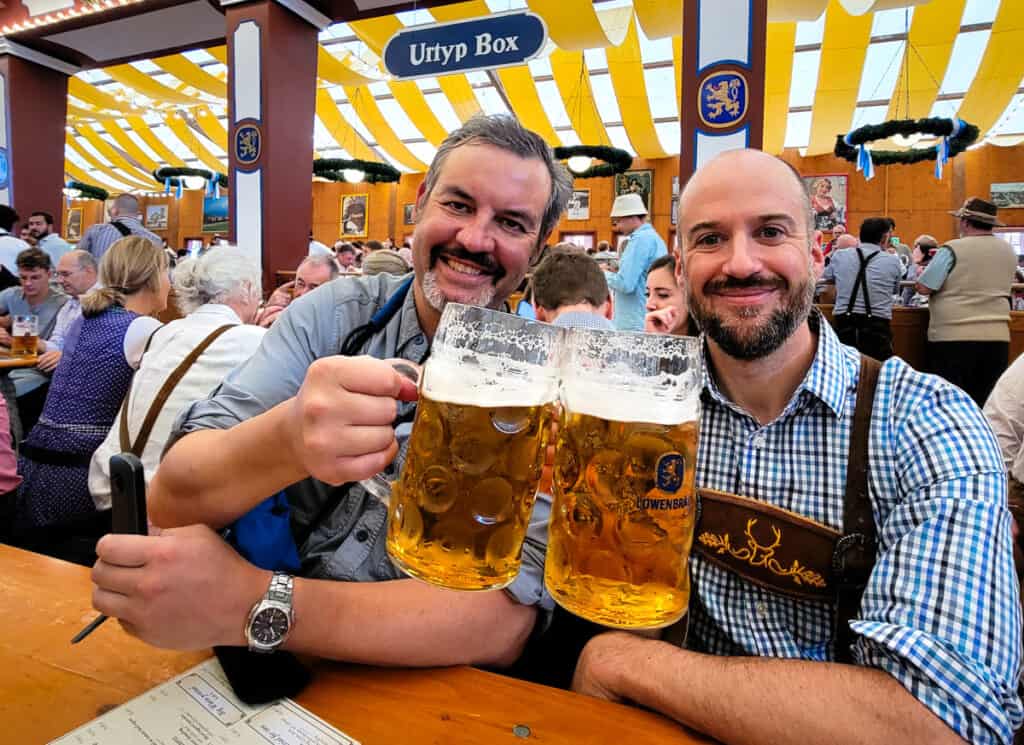
Of course, the star of the show at Oktoberfest is the beer. Brewed according to the Reinheitsgebot (German Beer Purity Law), Oktoberfest beer is typically a Märzen-style lager, characterized by its amber color and malty, full-bodied flavor. Each of the festival’s six major breweries serves its own special Oktoberfest beer (served only at Oktoberfest), clocking in at 5.8-6.3% alchohol. Served in a large glass known as a maß (pronounced mass) this beer is 1 liter in size and will cost roughtly 15 euro.
The Food
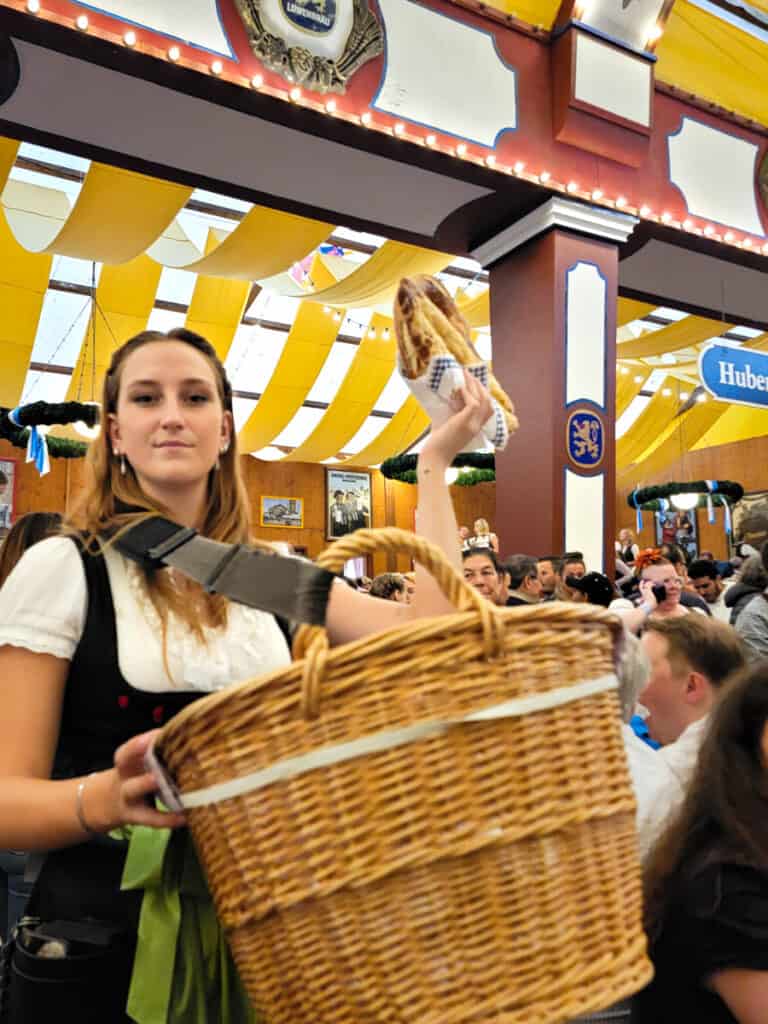
While beer is the main attraction, the traditional Bavarian food served at the festival is heaty and delicious. Some must-try items include:
- Bratwurst: These grilled sausages are a festival staple and come in various flavors. Try them with sauerkraut and mustard.
- Roasted Chicken: Typically served as half a chicken, this simple dish is perfectly prepared and delicious.
- Saurkraut: The traditional dish of fermented cabbage is light and tangy.
- Pretzels: Giant, doughy pretzels are the perfect beer companion. They’re salty on the outside and soft on the inside.
- Schweinshaxe: This roasted pork knuckle is crispy on the outside and tender on the inside. It’s typically served with a side of sauerkraut.
- Kartoffelsalat: German potato salad is a tangy and savory side dish that pairs well with the hearty meat dishes.
The Music and Entertainment
Oktoberfest isn’t just about beer and food; it’s also a cultural celebration with live music and entertainment. Each beer tent features its own band, often playing traditional Bavarian tunes. Expect to hear lots of oompah music and see plenty of people dancing on the benches. If you’re lucky, you might catch one of the parades that wind their way through the festival grounds. These parades feature horse-drawn beer wagons, traditional Bavarian costumes, and lots of cheerful revelers.
What to Wear to Oktoberfest
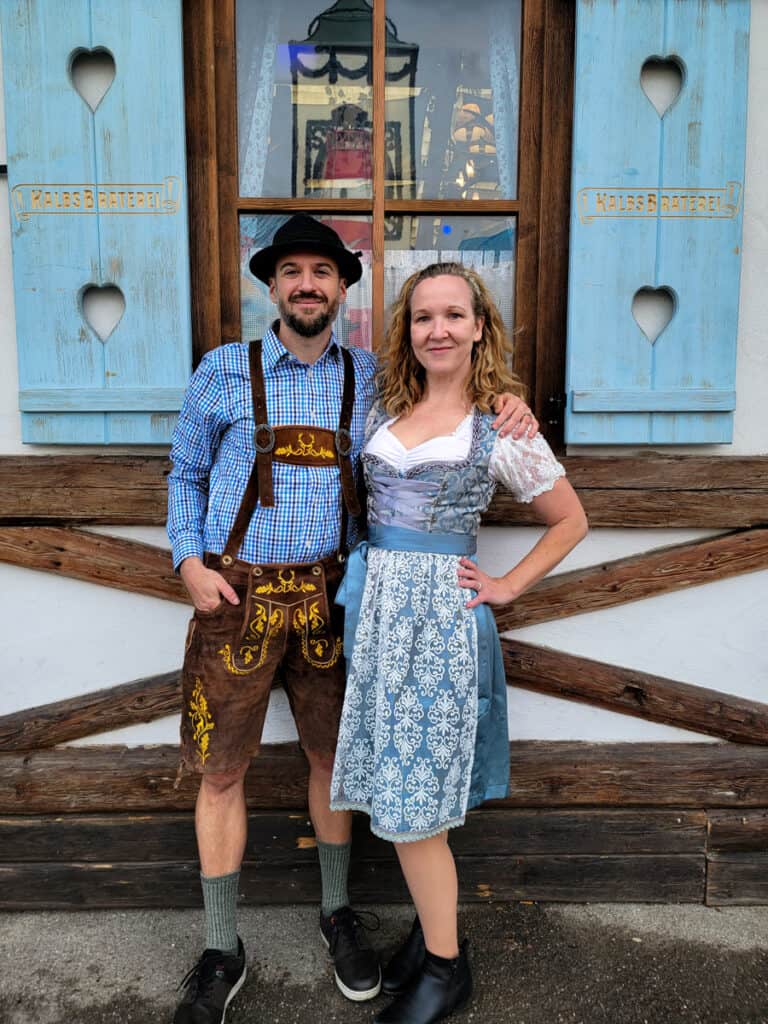
While you’re not required to wear traditional Bavarian clothing (known as tracht), it certainly adds to the fun and getting into the Oktoberfest spirit. Men wear Lederhosen ( traditional leather shorts), while women don dirndls (a beautiful dress with a bodice, blouse, and apron). These outfits are available for purchase at many shops in Munich, but you can also get leiderhosen and dirndls online prior to your trip.
Oktoberfest Tips
- The Oktoberfest tents take cash only, be sure to bring plenty of euros. In a pinch you can find an atm in each tent though the fees will be higher.
- Be sure to tip your waitress, carrying all that beer is hard work!
- Avoid wearing costumes like “Beer Garden Babe” or “Carry Me to Oktoberfest”. If you wish to get into the Bavarian spirit opt to get traditional lederhosen or dirndl.
- Plan your trip as early as possible, over 6 million people attend Oktoberfest and hotels book up quickly
- Wear comfortable shoes, you’ll be walking,celebrating and raising your glass for hours!
- Ride the ferris wheel for the best views over Oktoberfest
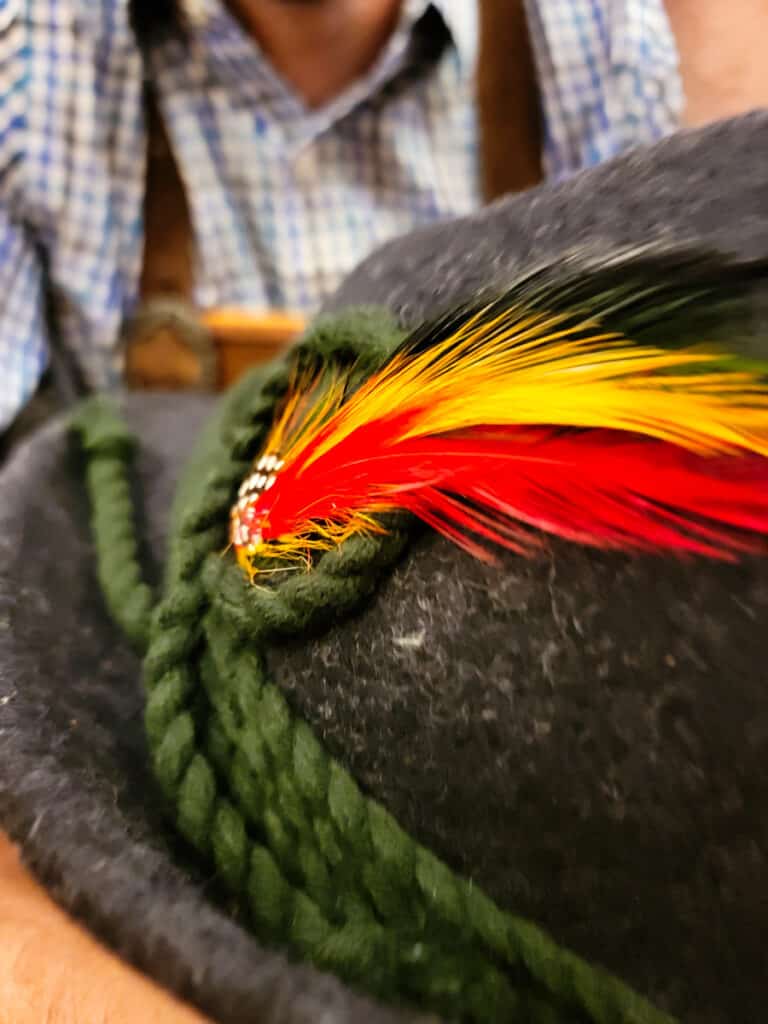
Munich Hotels
The best areas to stay at for Oktoberfest are near the Weisn (Munich’s Ludwigsvorstadt-Isarvorstadt district) or in the Altstadt (Old Town) which is about a 20 minute walk away and near Munich’s most popular tourist sites.
Hotels near the Weisn (Munich’s Ludwigsvorstadt-Isarvorstadt district)
25Hours Hotel The Royal Bavarian
Hotels in Munich’s Altstadt
If you like this article be sure to take a look at some of my other posts!
One Week Switzerland Itinerary
The Best Tips for your First Trip to Florence, Italy
25 Tips for Your First Trip to Lisbon
The Best Things to Do in Sao Miguel, The Azores
Pin this post for later!

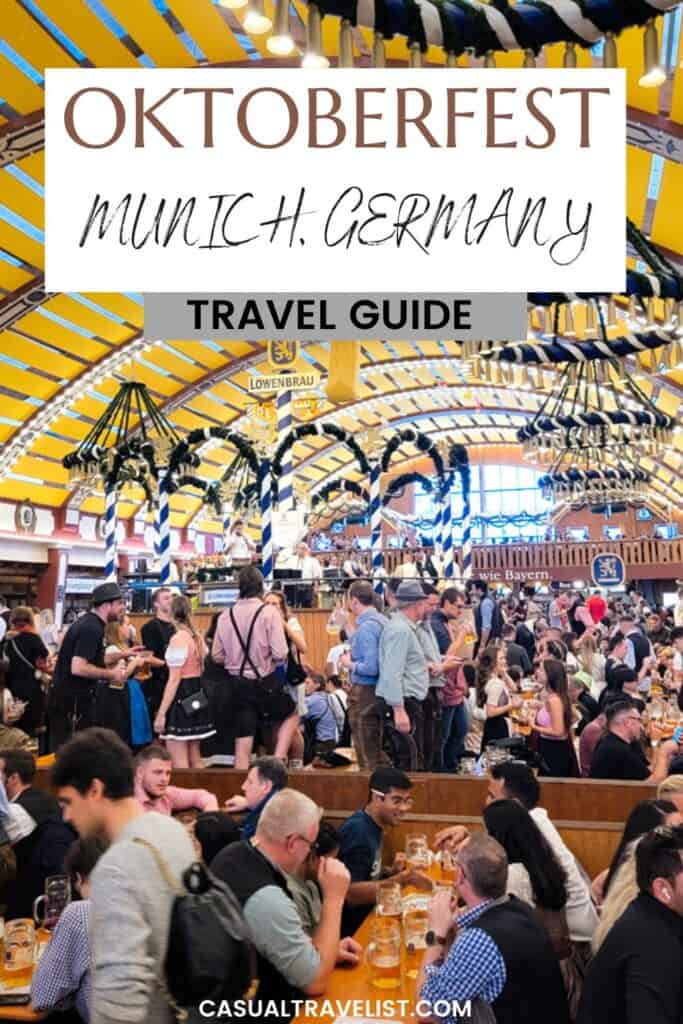
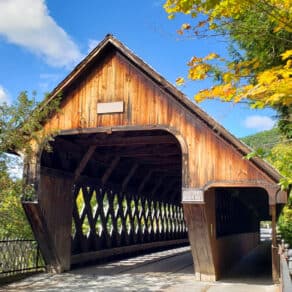

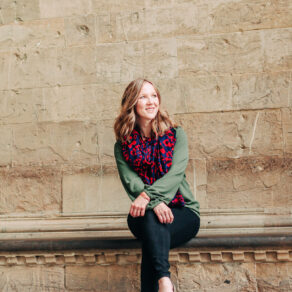

Brittney says
Awesome post! Thanks so much for sharing 🙂